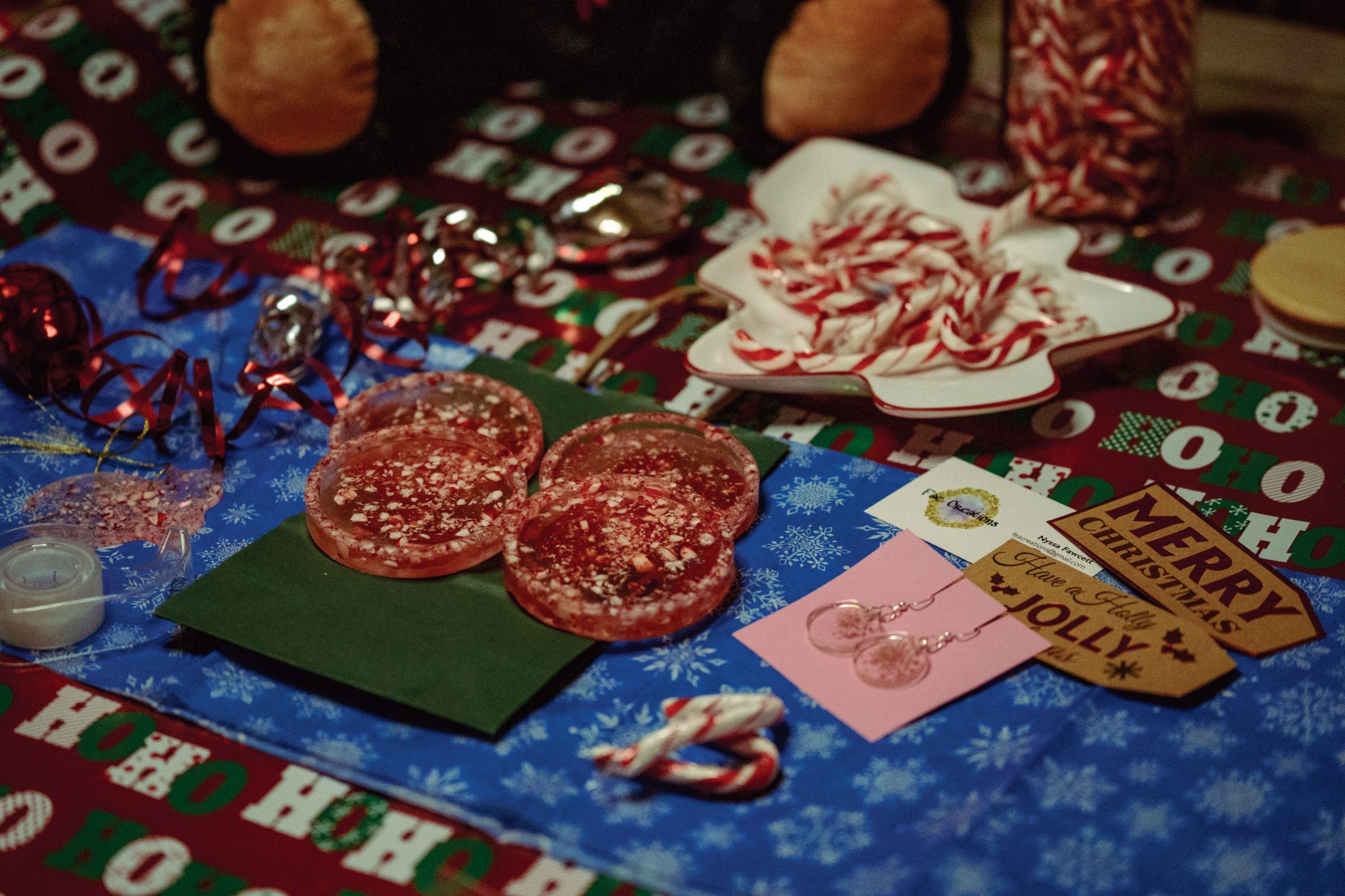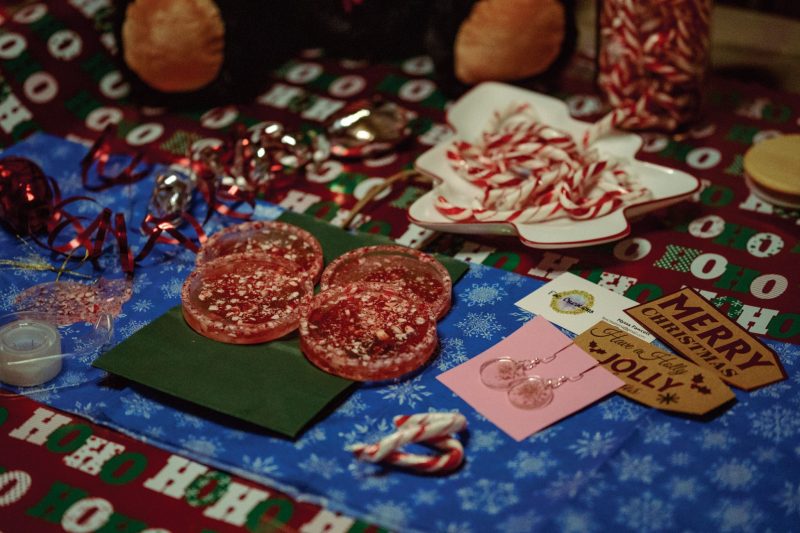An un-Christian Christmas: Why it is a secular holiday


As November comes to an end, many of us are thinking about the holiday season: stores are playing Christmas music, it’s cold and snowy, and children are writing up their wishlists. When one thinks of the original theme of Christmas, that is, the birth of Jesus Christ, this music, snowy weather, and wishful thinking are not related to it.
As young people are increasingly irreligious, yet Christmas is commodified and not waning in popularity, I believe that Christmas is a secular holiday.
According to Statistics Canada, approximately 64 per cent of Ontario’s population is Christian; 23 per cent of Ontarians are irreligious; the remaining 13 per cent are of different religions. This seems like a large Christian population, but this data is not clear. Many people identify with Christianity as their religion, yet are not practicing Christians themselves.
I find myself to be in this situation. I was baptized as a Christian, but am not necessarily affiliated with the religion today. I am not the only one who is like this. Since many people are, it means that this data demands nuance.
Christmas remains a significant holiday, though. It can be considered one of the most commodified. As we are already seeing with many malls and shops, decorations are going up and sales are being promoted.
The imagery of Christmas has shifted from the Birth of Christ to Santa Claus and the North Pole. I am not trying to suggest that this is problematic, but rather, that this shift has allowed for Christmas to become a holiday of gift-giving (thus buying), which indicates commodification.
Although the number of practicing Christians is going down, Christmas continues to be celebrated. It can be said that the commodification of Christmas, which has desecularized it, has made it more accessible. This accessibility has allowed it to maintain popularity, if not grow.
For example, my co-workers (at my old part-time job) and I used to do a Secret Santa gift exchange of small gifts. Of this group, I think I was one of the few that celebrated Christmas at home. Therefore, it can be said that Christmas has become a commodified holiday.
If Christmas is so commodified, and thus accessible, then it can be easily argued that it has become a secular holiday. After all, the Christian population is increasingly less religious and young people beyond Christianity are also increasingly irreligious. Despite this, Christmas is still a huge market for businesses to sell goods and services and the holiday itself continues to be celebrated. Does this mean it is becoming a secular holiday? I think so.
As an irreligious person, I find that Christmas can still be thought of as an important holiday. What does one do during Christmas? Before the COVID-19 pandemic, one might answer this question by saying that they would have family over to exchange gifts and share a meal.
Although I do not participate in the religious aspects of Christmas, I still hold the values of loving family and friends, showing my gratitude to these loved people. This means that I can still think about Christmas as I have always thought of it, which is the secularized version of the holiday that has arisen in the last several decades. Is it in bad faith? Certainly not.
After all, giving gifts is (within reason) a way of showing love and gratitude to those I want to express such feelings. Moreover, this is fairly consistent with the religious idea of the holiday without disrespecting the religion, or religious people.
To the irreligious person, I would say to treat Christmas as a celebration of connections. Whether it is our family, significant others, or friends, giving them a gift (even if it is a small one) shows a certain level of care for one another–– at least within a capitalist concept. This does not mean that I am saying to buy big over the top gifts, in many ways, that just reflects one’s competitive nature. My friends and I often do a very small gift exchange that is more personal than something I simply want, which is less personal.
During the pandemic, we have been distanced, which has led to isolation and caution when people come together. Christmas this way perhaps is healthy to remind us of the importance of others in our lives.


